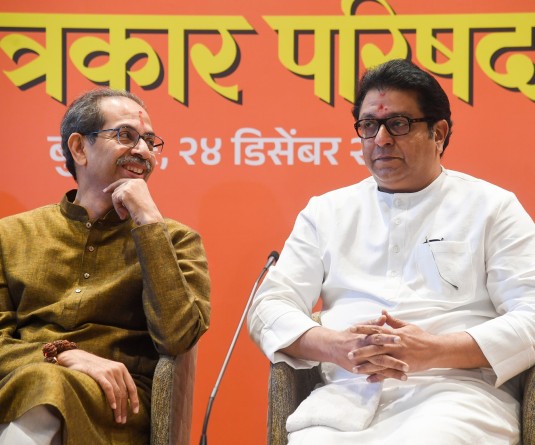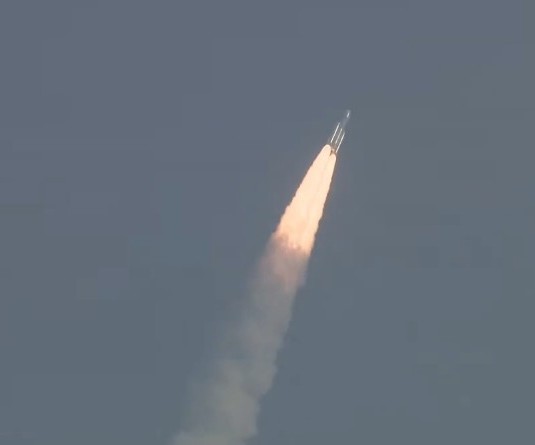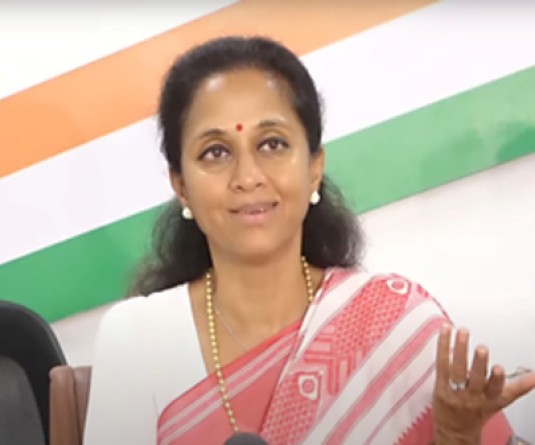
New Delhi, May 23 (PTI): Noting that the practice of post-disaster recovery has come a long way, Principal Secretary to the Prime Minister P K Mishra on Monday said moving beyond "preparedness for response" to "preparedness for recovery" will be key to tackle the emerging impacts of climate change.
In his keynote address via video-conferencing at the inaugural session of the fifth World Reconstruction Conference at Bali in Indonesia, Mishra recalled the brunt of the Indian Ocean tsunami almost two decades ago and other major disasters.
During his address at the conference, jointly organised by the United Nations Development Programme, World Bank, Global Platform for Disaster Risk Reduction and the Indonesian government, Mishra underlined the five main points that must underpin the practice of post-disaster reconstruction and recovery.
"Build back better" must focus on better outcomes and not merely on better inputs, he said.
"We need to go beyond recovery at the household level to recovery at the community level. The COVID-19 pandemic has added a new dimension to our approach to recovery: greater focus on livelihood, poverty and inequality," the Principal Secretary to the Prime Minister said.
He emphasised putting agency in the hands of the affected people.
"In India, since the Gujarat Earthquake of 2001, the practice of Owner Driven Reconstruction or ODR has evolved and we have seen how it leads to better overall outcomes," Mishra said, adding that "we need to develop a vibrant global community of practice that continuously nurtures methods of Owner Driven Reconstruction."
Such a community of practice can be nurtured by having predictable mechanisms financial, institutional, technical at all levels for supporting post-disaster recovery and reconstruction, he asserted.
"In India, for the first time, in the country's disaster risk management financing architectures, we have created a specific window for financing reconstruction and recovery, with USD 7.5 billion over five years," he said.
He also called for a need to focus on outcomes, not just over the short term but also the long term.
Recovery and reconstruction programmes supported by governments and other institutions take four to six years, he said.
However, actual recovery on the ground takes almost half a generation, Mishra added.
"In the context of challenges in reconstruction and recovery, we often use the term 'tyranny of rush'! Balancing the demand for quick recovery with 'build back better' is always difficult," the Principal Secretary to the Prime Minister said.
"However, new technologies for example, drones, geo-spatial technologies, sensing technologies can help accelerate the recovery process by expediting assessments, beneficiary identification, and tracking the progress of recovery and reconstruction. We need to make the most of the promise of technology," he added.
Mishra emphasized that if we move beyond "preparedness for response" to "preparedness for recovery", it will be a big step towards building societal resilience.
This will be key for tackling the emerging impacts of climate change, he said.
Disclaimer: This story is auto-generated from news agency feeds and has not been edited by The Morung Express.
Source: PTI




.jpeg)

